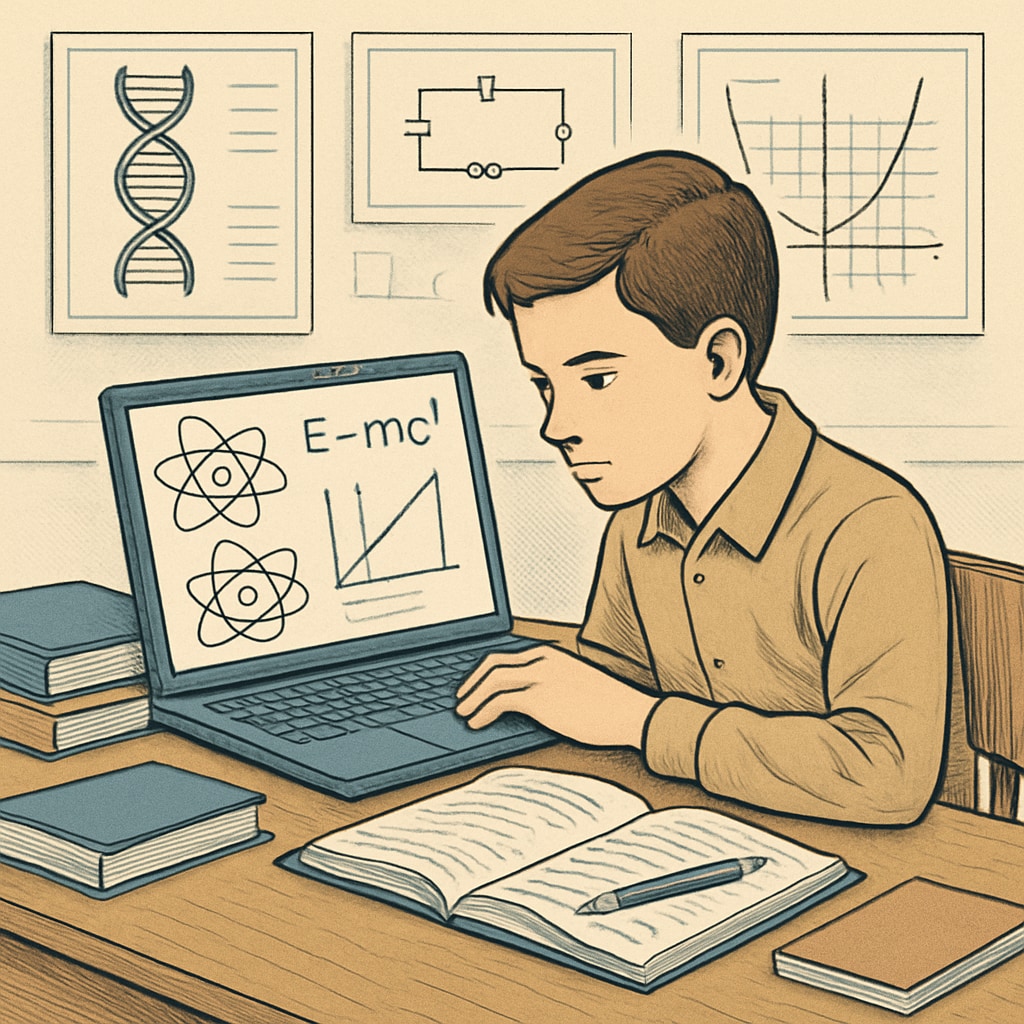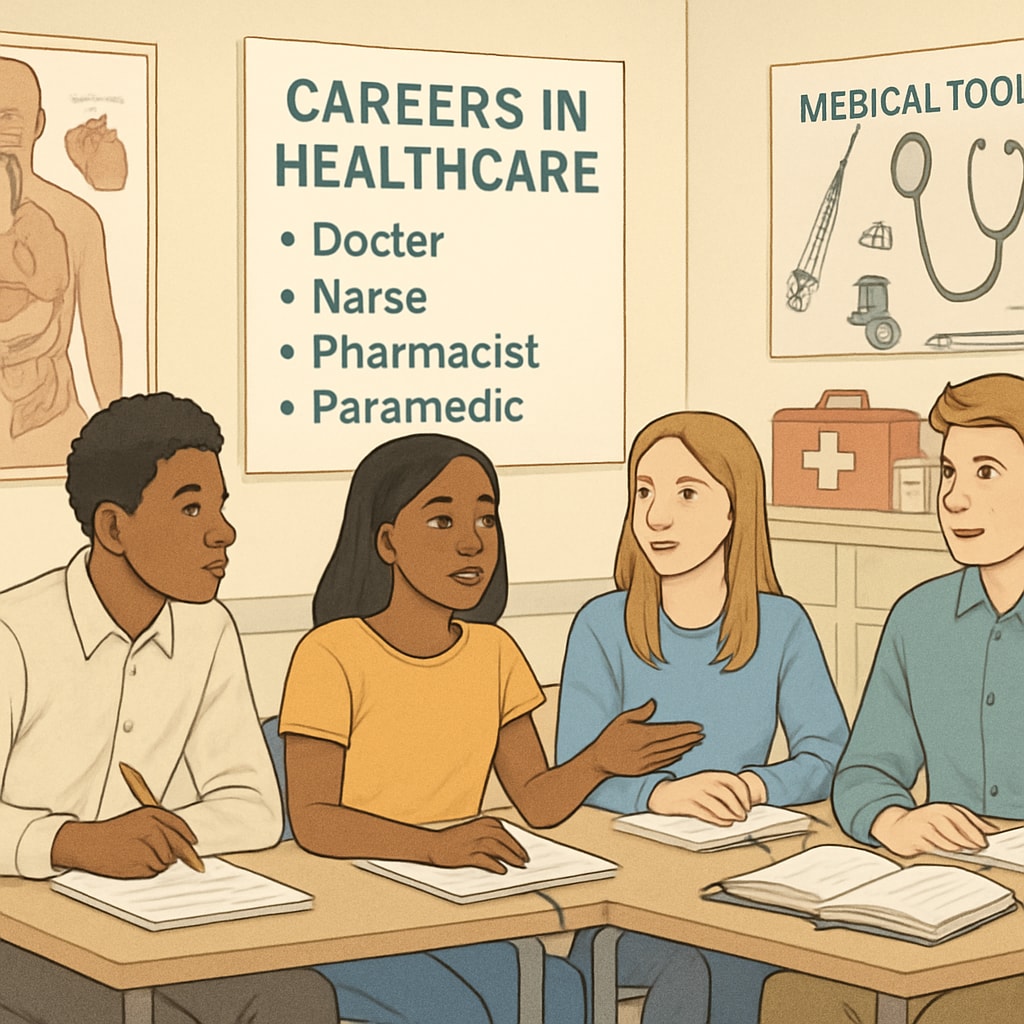Supporting students with exceptional academic achievements can be the key to unlocking their full potential and guiding them toward ambitious career goals. For those striving to enter demanding fields like medicine, particularly neurosurgery, tailored resources and strategic planning are essential. This article examines the case of a ninth-grade math prodigy, offering insights into how gifted education and career planning can lay the groundwork for success in such high-stakes professions.
Understanding the Needs of Gifted Students in Career Planning
Gifted students often exhibit unique learning needs that go beyond the standard curriculum. Their advanced cognitive abilities and intrinsic motivation require a more challenging and enriching educational experience. For example, a ninth-grade math prodigy may excel in problem-solving and logical reasoning. These skills can serve as a strong foundation for medical studies, where analytical thinking and precision are crucial.
To meet these needs, it is vital to identify and provide supplementary resources that align with their abilities and career aspirations. This could include enrolling in advanced STEM (Science, Technology, Engineering, and Mathematics) programs, participating in medical-related extracurricular activities, and accessing mentorship opportunities with professionals in the field.

Tailored Educational Resources for Aspiring Neurosurgeons
When a student aspires to become a neurosurgeon, their resource planning must be both comprehensive and specific to the requirements of the career path. Here are some key areas to focus on:
- Advanced STEM Programs: Enroll in programs that emphasize biology, chemistry, and mathematics, such as AP classes or specialized online courses.
- Medical Exposure: Participate in summer camps, workshops, or internships that provide hands-on experience in medical environments.
- Mentorship: Connect with professionals in the medical field, such as neurosurgeons, to gain insight into the profession and receive guidance on academic and career pathways.
- Extracurricular Activities: Join clubs or competitions related to healthcare, science, or math to further develop skills and interests.
- Personal Development: Encourage soft skills like communication, critical thinking, and time management, which are essential for future medical professionals.
By integrating these resources, students can build a robust foundation for their journey into medicine. For example, organizations such as Science Education on Wikipedia and Education on Britannica provide valuable insights into available programs and pathways.

Balancing Academic Excellence with Career Goals
While academic achievements are undeniably important, gifted students must also focus on developing the personal qualities required for a successful career in medicine. Neurosurgery, for instance, demands resilience, attention to detail, and the ability to work under pressure. Encouraging students to take part in activities that enhance these qualities, such as community service, leadership roles, and collaborative projects, is crucial.
Moreover, maintaining a balanced approach to learning ensures that students avoid burnout and sustain their passion for their chosen career. Parents and educators can play a pivotal role by fostering a supportive environment that celebrates both achievements and effort, while also emphasizing the importance of mental well-being.
Conclusion: Building a Path to Success
By providing tailored educational resources and fostering holistic development, parents and educators can empower gifted students to achieve their ambitious career goals. Whether it’s through advanced STEM programs, mentorship opportunities, or extracurricular activities, the right support system is essential to cultivating the next generation of neurosurgeons. As we guide students like the ninth-grade math prodigy discussed here, we contribute to shaping future leaders in healthcare who will make a profound impact on society.
Readability guidance: Use concise paragraphs, integrate lists for key points, and ensure smooth transitions with connecting phrases like “for example,” “in addition,” and “as a result.” Focus on active voice for clarity and engagement.


